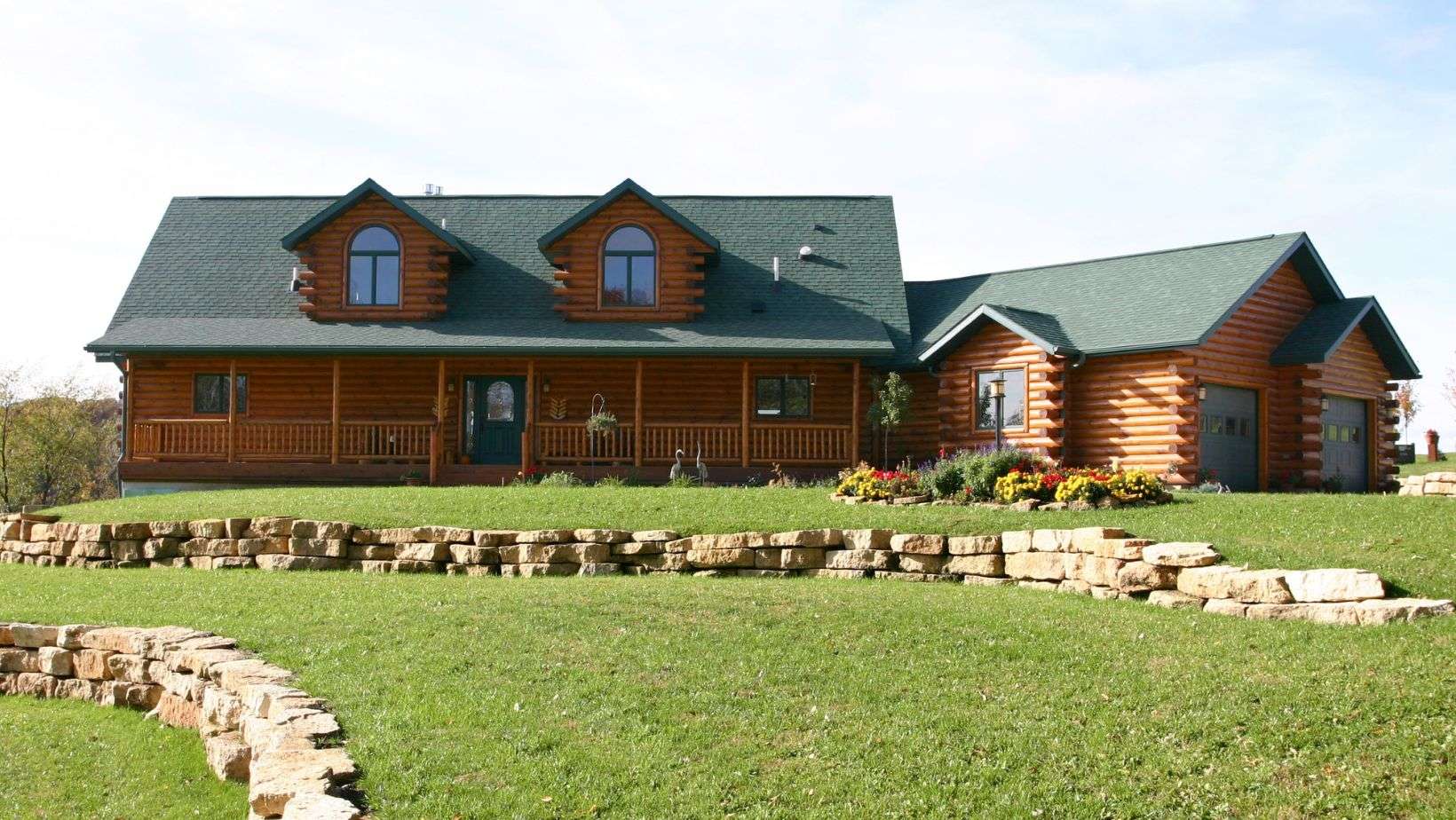Buying a second home is a dream for many people. It can be a vacation home, a rental property, or a place to retire. However, it’s a big decision that requires careful consideration and planning. In this article, we will provide you with some important information and tips to consider when buying a second home.

Buying a Second Home
- Determine the purpose of your second home
The first step in buying a second home is to determine its purpose. Do you want it as a vacation home or a rental property? Or are you planning to retire and want a second home in a warmer climate? Knowing the purpose of your second home will help you make better decisions regarding its location, size, and amenities.
- Research the location
Once you know the purpose of your second home, the next step is to research the location. Consider factors such as proximity to your primary residence, accessibility, weather, local attractions, and amenities. If you’re planning to rent out the property, research the rental market in the area to ensure that you can generate a good return on investment.
- Determine your budget
Before buying a second home, it’s important to determine your budget. Consider factors such as down payment, closing costs, property taxes, insurance, and ongoing maintenance costs. You should also factor in any rental income you may receive if you’re planning to rent out the property.
- Get pre-approved for a mortgage
Getting pre-approved for a mortgage is an important step in the home-buying process. It will give you an idea of how much you can afford to spend on a second home. You can also use this information to negotiate a better deal with the seller.
- Hire a real estate agent
Hiring a real estate agent who specializes in second homes can be a great help in finding the right property. They can help you find properties that meet your criteria, negotiate with sellers, and navigate the buying process.
- Consider the maintenance costs
Owning a second home comes with maintenance costs, such as landscaping, repairs, and utilities. Before buying a second home, consider these costs and factor them into your budget. You should also consider hiring a property manager if you’re planning to rent out the property to ensure that it’s well-maintained.
- Inspect the property
Before buying a second home, it’s important to have it inspected by a professional. This will help you identify any potential issues or repairs that may be needed. You can use this information to negotiate with the seller or make an informed decision about the property.
- Consider the tax implications
Owning a second home can have tax implications, such as property taxes, mortgage interest, and rental income. It’s important to consult with a tax professional to understand these implications and how they will affect your finances.
Buying a Second Home:
Buying a second home can be an exciting and rewarding experience. However, it’s important to do your research and make informed decisions to ensure that you’re making a smart investment. Consider factors such as the purpose of the property, location, budget, maintenance costs, and tax implications. With careful planning and the right guidance, you can find the perfect second home that meets your needs and fits your budget.

Leave A Comment
You must be logged in to post a comment.